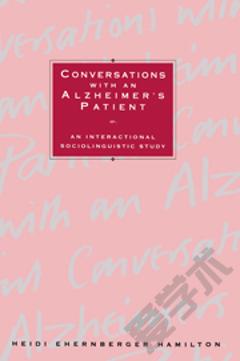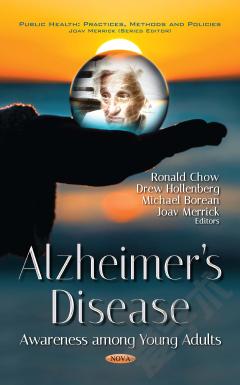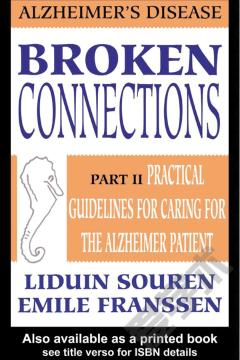Conversations with an Alzheimer's Patient: An Interactional Sociolinguistic Study
Alzheimer's disease is a degenerative brain disease which has major social consequences for the individuals affected and for those people who are emotionally and/or physically close to them. The role which language plays in such relationships stands at the centre of this book. In contrast to traditional analyses carried out by psycholinguists, neurologists and speech pathologists, with speech samples elicited in clinical settings, Heidi Hamilton examines language in the life of one elderly female Alzheimer's patient from an interactional sociolinguistic perspective. The language of open-ended, naturally occurring conversations between the patient and the author, over four-and-a-half years, is investigated in an attempt to understand how the patient's communicative abilities and disabilities are related and how they change over time, and, importantly, how they are influenced by pre-emptive and reactive communicative behaviours on the part of the patient's healthy interlocutor.
{{comment.content}}








 京公网安备 11010802027623号
京公网安备 11010802027623号